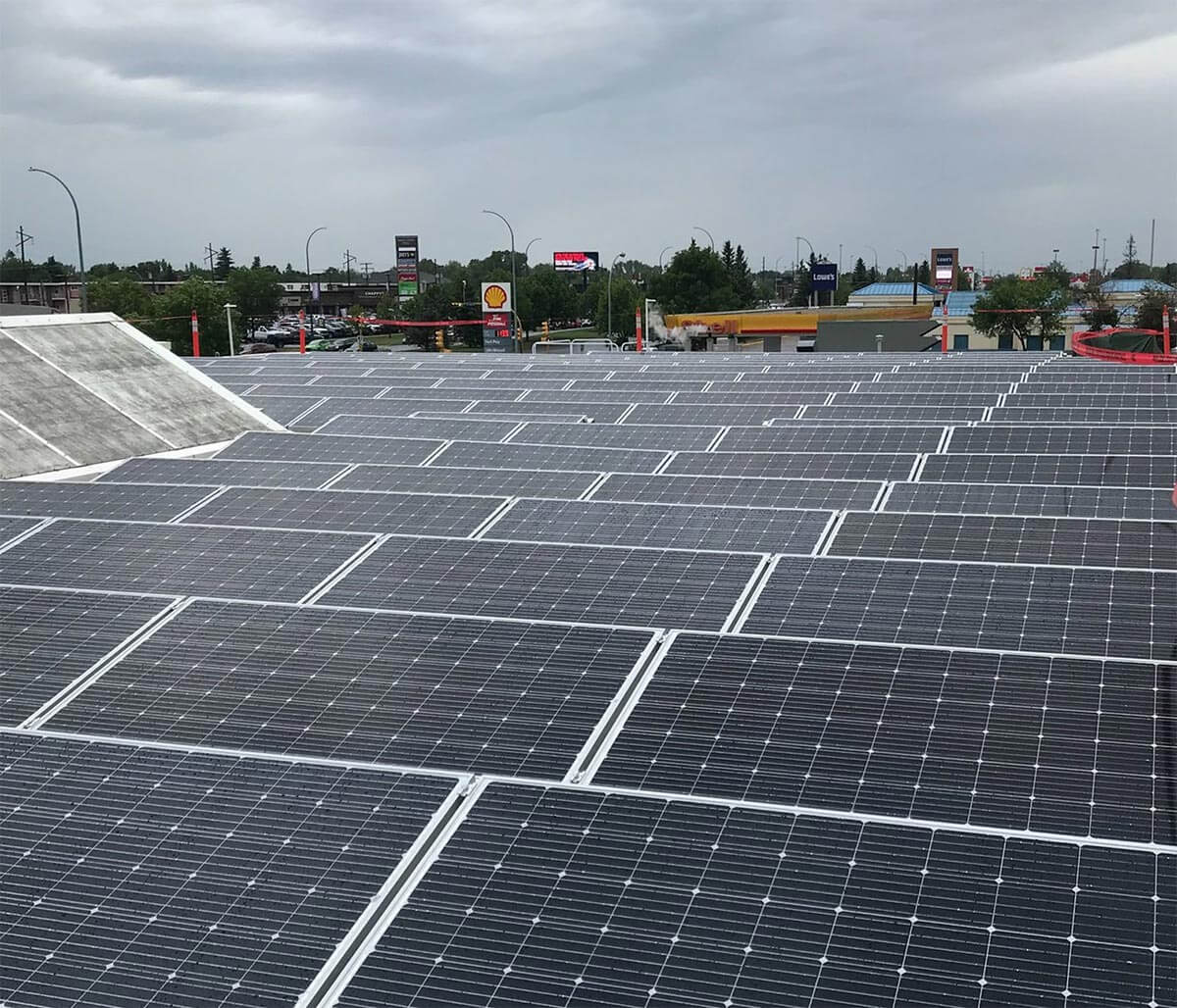How a solar cooperative gets its start
Saskatchewan is a great place to capture sunshine, and the Wascana Solar Co-op in Regina is capitalizing on that fact.
The initiative got its start in 2017 when a group interested in producing solar energy began meeting regularly about how best to organize their efforts.
Through a passion for finding a community-based solution to solar energy production, the group managed to speak with over 150 community stakeholders and subject experts. This effort helped inform how much interest there was in a solar project, and how it might be organized.
Finding the right legal structure
The group also consulted solar enthusiasts from other regions – many of which pointed to the cooperative model as a potential solution for a community-based effort. Thanks in part to the success of the solar co-op in Saskatoon and other renewable energy cooperatives in Canada, the group chose the model as the way to go forward.
Raising capital is a key factor in renewable energy production, and solar is no exception. Incorporating a for-profit cooperative allowed the group to secure investments from members and provide them with a small return.
Within two years, the co-op attracted over 100 members and installed around 400 solar panels. An amazing feat for such a young organization. And, having been sparked in neighbourhood pubs and curling rinks, the co-op is proud of its “grass-roots beginnings.”
Finding the right support system
Wascana Solar president Josh Campbell said Co-operatives First was instrumental in helping the co-operative stay up-to-date and relevant as the policy environment changes quickly in this space.
“The regulatory environment of our business suddenly and significantly changed shortly after our incorporation,” Campbell said. “Co-operatives First [provided] the help we needed for an updated business plan.”
Besides a business plan, which will help the group realize their vision and mission going forward, Co-operatives First provided support for developing the organization’s governance.
“They also have been helping us recover and reformulate our governance structures,” said Campbell. “In doing so they’ve gone above and beyond to offer us help. While the help we have received may not have been the most technically complex problem they’d ever faced, for a volunteer board full of passionate amateurs, it was lifesaving.”

